UAE's Gargash slams Qatar over Doha Forum remarks
Sun 16 Dec 2018, 14:04:44
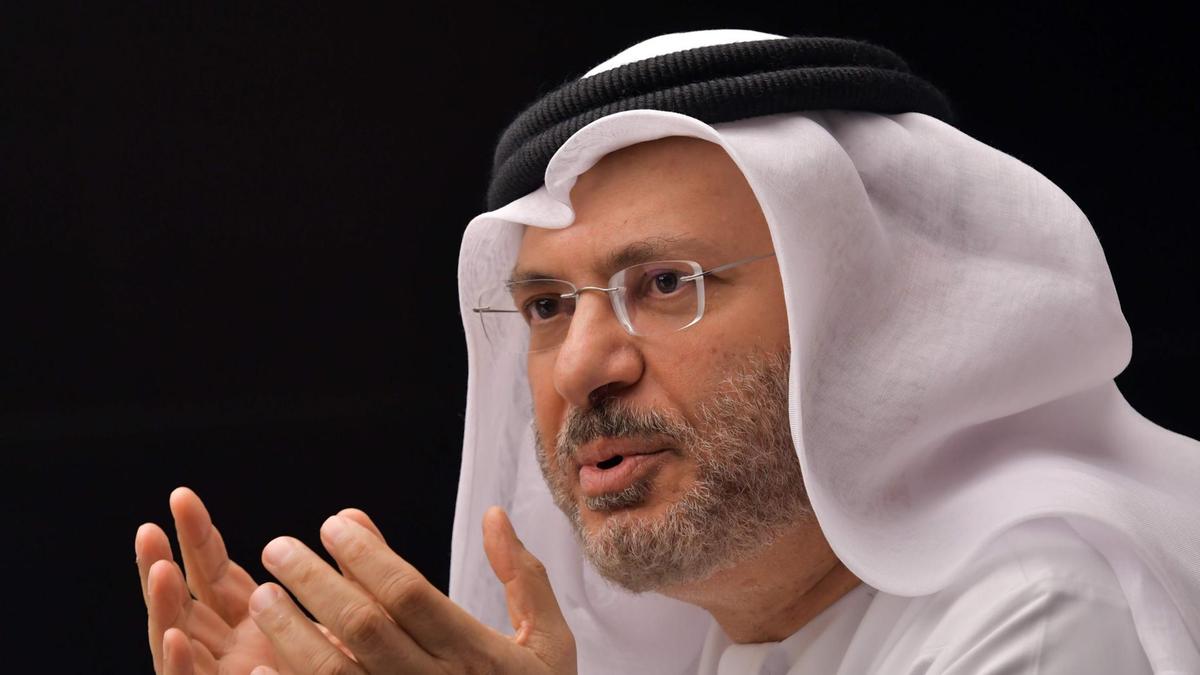
Dr Anwar Gargash hit back at the Emir of Qatar on Saturday evening over comments made at the Doha Forum that his country would only negotiate the end of Gulf crisis if the Saudi-led bloc first dropped travel and trade bans.
The UAE Minister of State for Foreign Affairs said that while the Qatari ruler “refused the interference in his country’s internal affairs, he persists on interfering in his neighbour’s and the region’s affairs through his country’s policies.”
He said that the stance was reminiscent of the previous ruler and that he didn’t believe that under Emir Sheikh Tamim bin Hamad Al Thani there would be a significant change in the country’s policies “that would enable the young leadership to manage matters realistically”.
He added that the Gulf rift was leading Qatari citizens to question the government’s policies.
“It is clear that the Qatari regime is aware that its citizens see their disconnect from the Gulf region as a major existential crisis and an abnormal situation, hence you see Doha’s desperate attempts to reconcile without addressing the real causes of the conflict.”
The Gulf crisis began in 2017 when Saudi Arabia, the UAE, Bahrain and Egypt cut travel, trade and diplomatic ties with Doha over what it called its destabilising regional influence.
At the time, the UAE Ministry of Foreign Affairs and International Cooperation said the steps were taken because of Qatar’s “continued support, funding and hosting of terror groups, primarily the Muslim Brotherhood, and its sustained endeavours to promote the ideologies of Daesh [ISIS] and Al Qaeda across its direct and indirect media”.
A major point of contention has been the Al Jazeera Arabic news
service.
service.
Other Qatari officials who also spoke at the Doha Forum, a conference that bills itself as a “global platform for dialogue … to build action driven networks”, praised the role of regional and international actors with ties to both sides for mediating.
"The [Kuwait] Emir has had a big leadership role in calming the situation which is highly appreciated by Qatar. We continue to count on the role of Kuwait and on the countries in the region to bring it back together," Qatari Foreign Minister Sheikh Mohammed bin Abdulrahman Al Thani told attendees at the annual Doha Forum.
In response to Kuwait’s role as an intermediary, Dr Gargash appeared to suggest the foreign minister’s remarks smacked of desperation.
“We are not adding anything new when we point out that the desperate attempts to seek solutions through Western capitals were not successful or convincing. However, Doha continues under the Turkish and Iranian protection to work in the same desperate pattern,” he tweeted.
Instead of trying to deescalate the crisis, Dr Gargash said that Qatar was still inflaming tensions.
“As part of the Qatari series of mistakes which made the crisis worse is the malicious targeting of Saudi Arabia recently and the provocative role with Turkey against Riyadh in Western and international organizations. [But] news about the behind-closed-doors efforts leak faster that Doha expects,” he said.
Dr Gargash also said that measures taken by Saudi Arabia, the UAE, Bahrain and Egypt against Qatar intend “to change the destructive course,” taken by Doha.
He also said he believes that Doha will regain its senses and return to its Gulf milieu “at the appropriate time”.
No Comments For This Post, Be first to write a Comment.
Most viewed from International
Most viewed from World
AIMIM News
Latest Urdu News
Most Viewed
May 26, 2020
Where should be the burial of the pilgrims martyred in the Saudi Arabia bus accident?
Latest Videos View All
Like Us
Home
About Us
Advertise With Us
All Polls
Epaper Archives
Privacy Policy
Contact Us
Download Etemaad App
© 2025 Etemaad Daily News, All Rights Reserved.


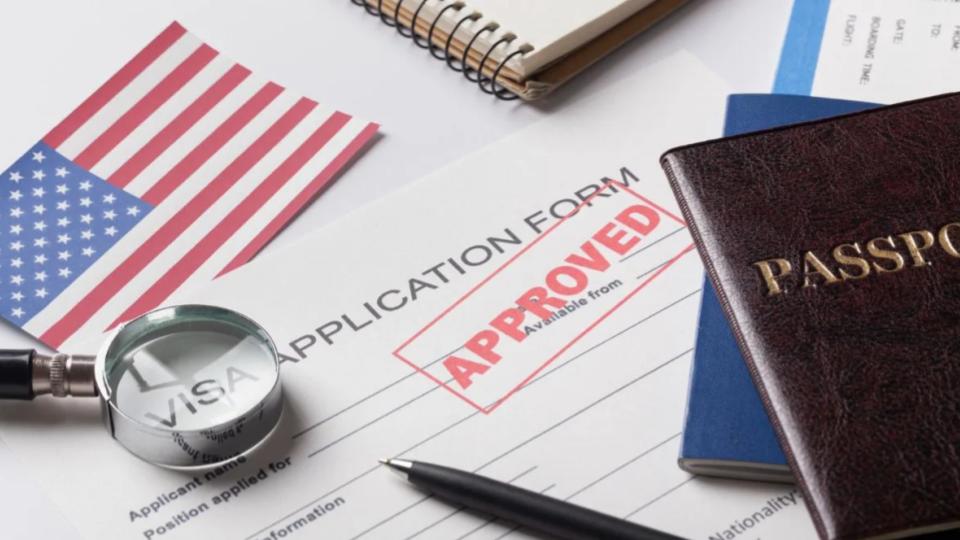
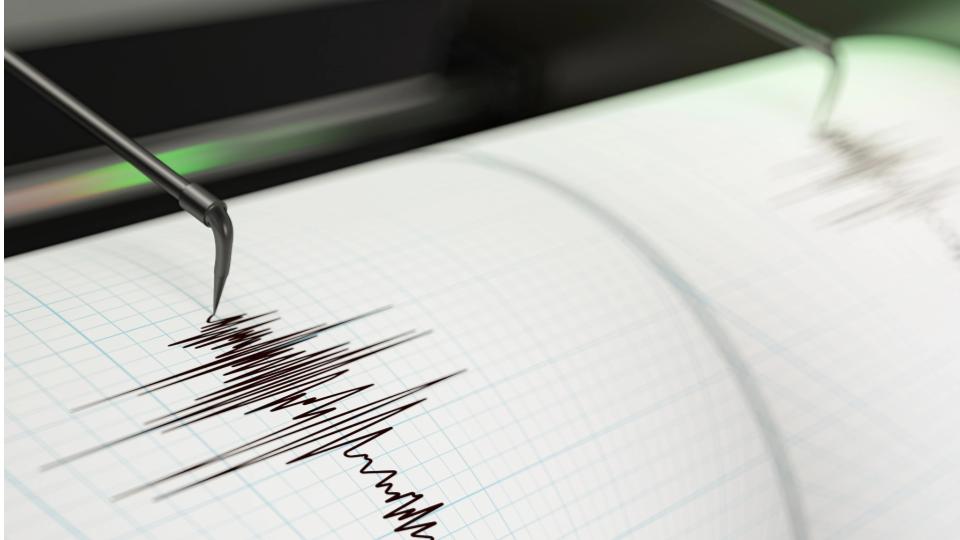
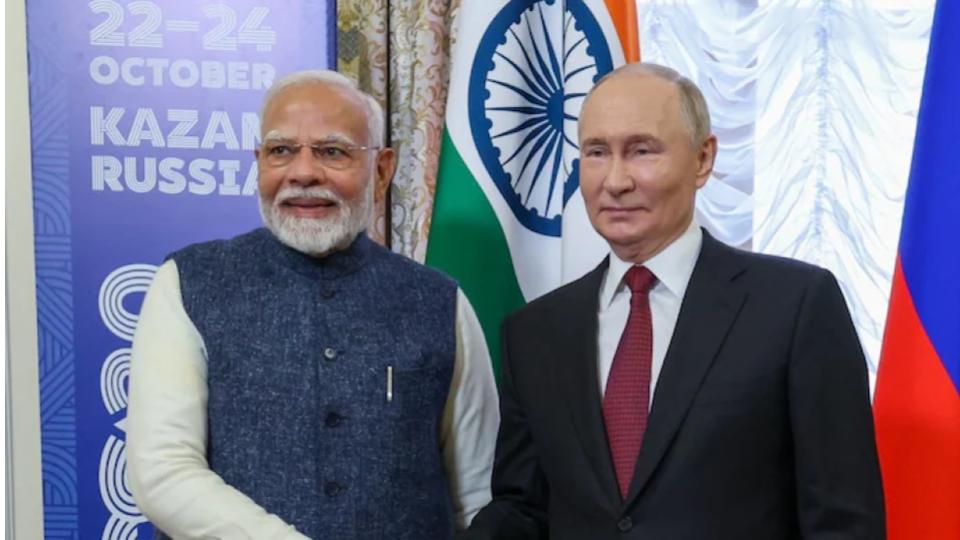
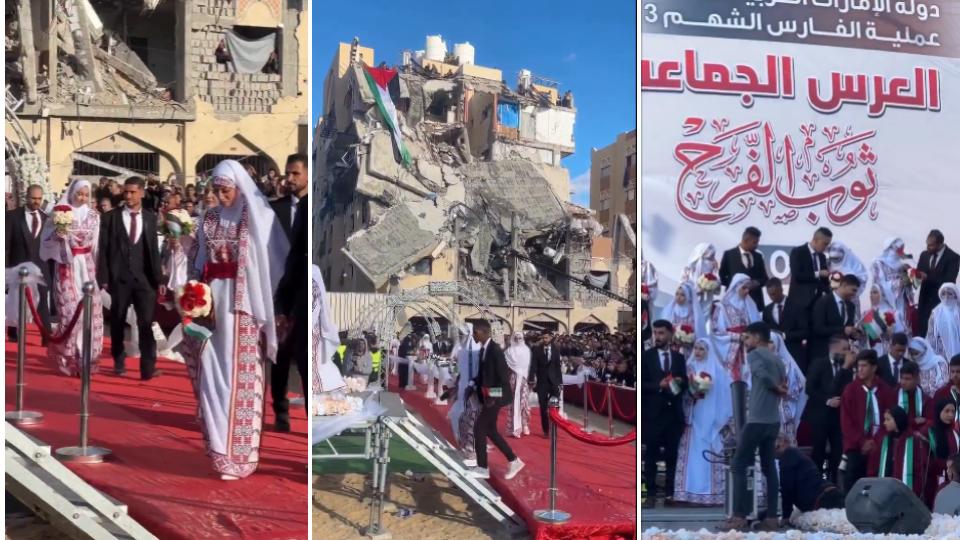
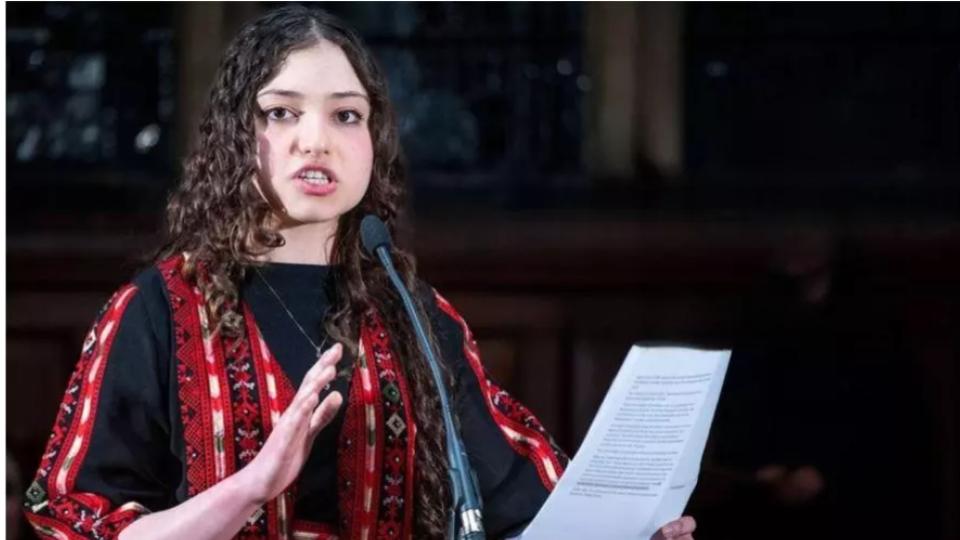
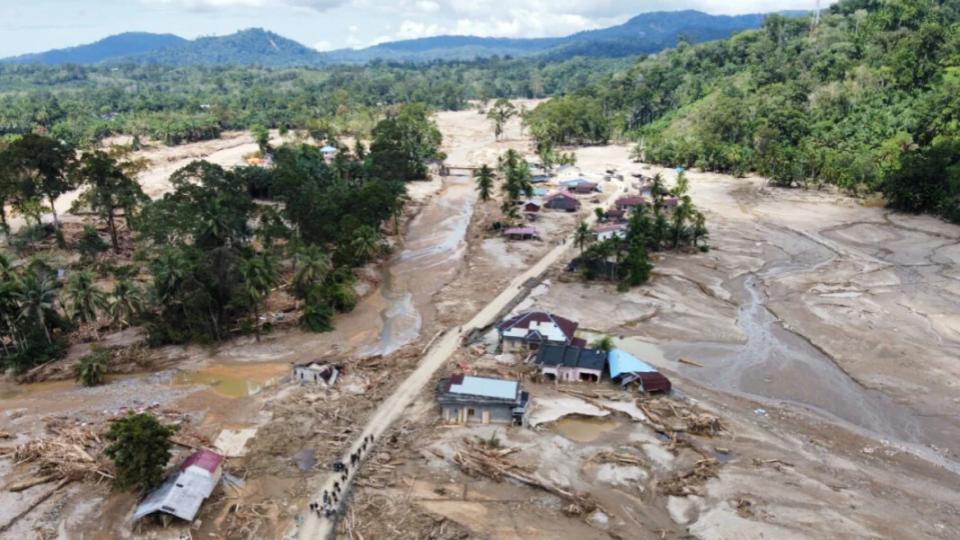

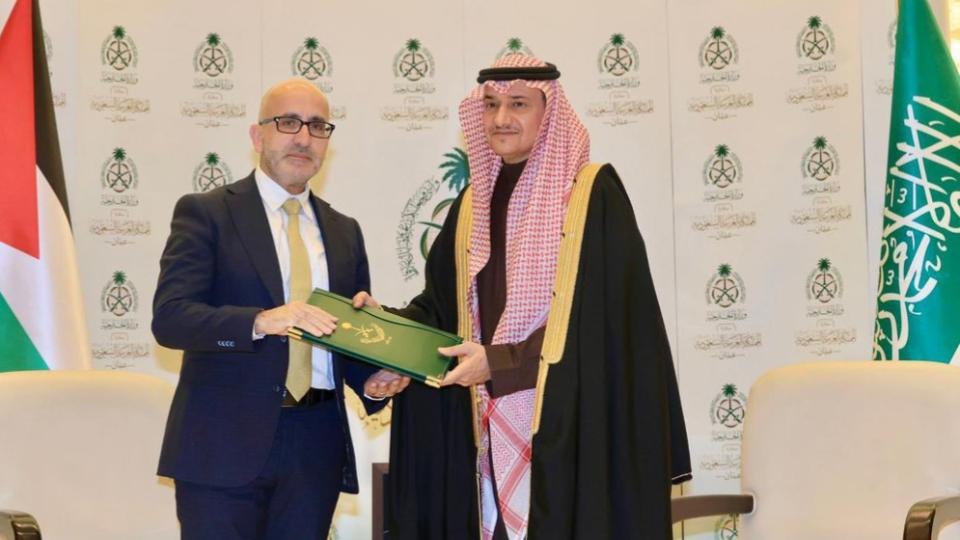
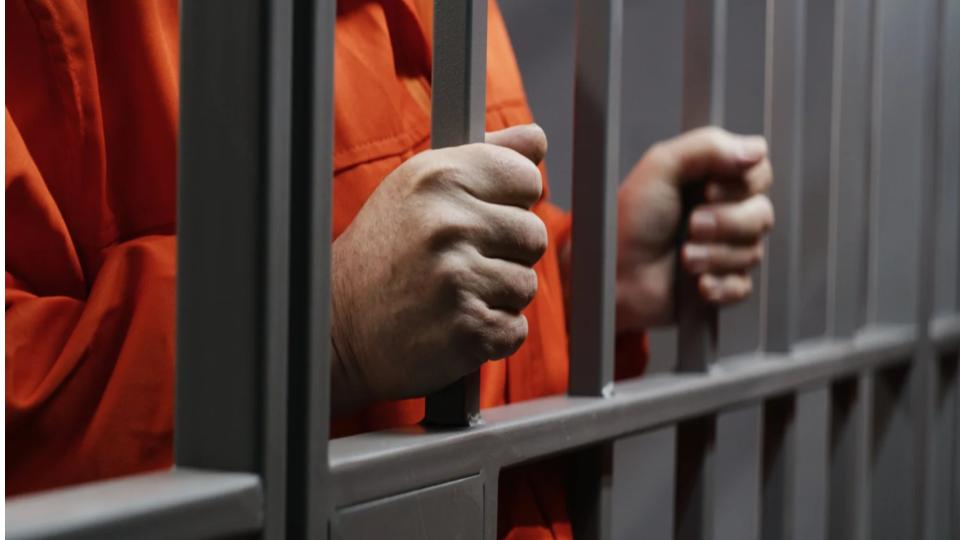

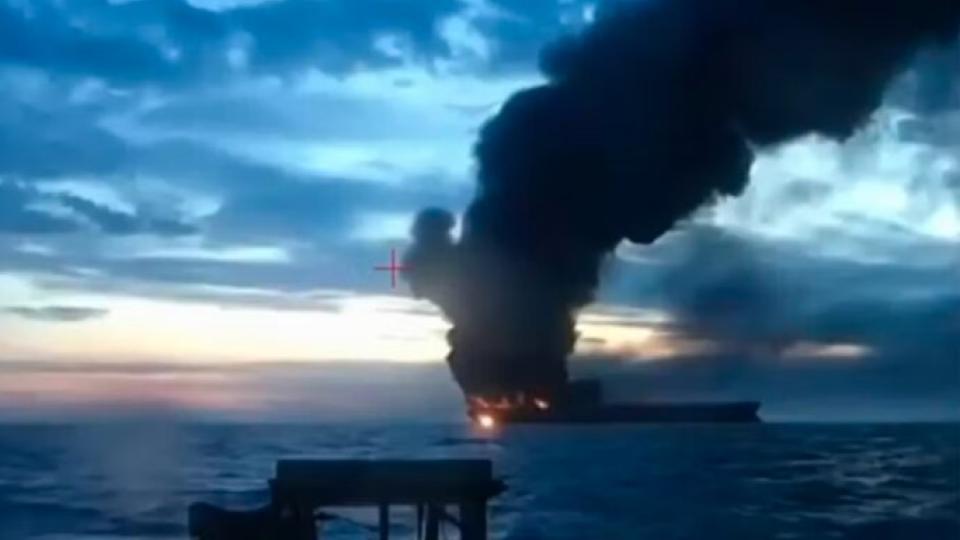

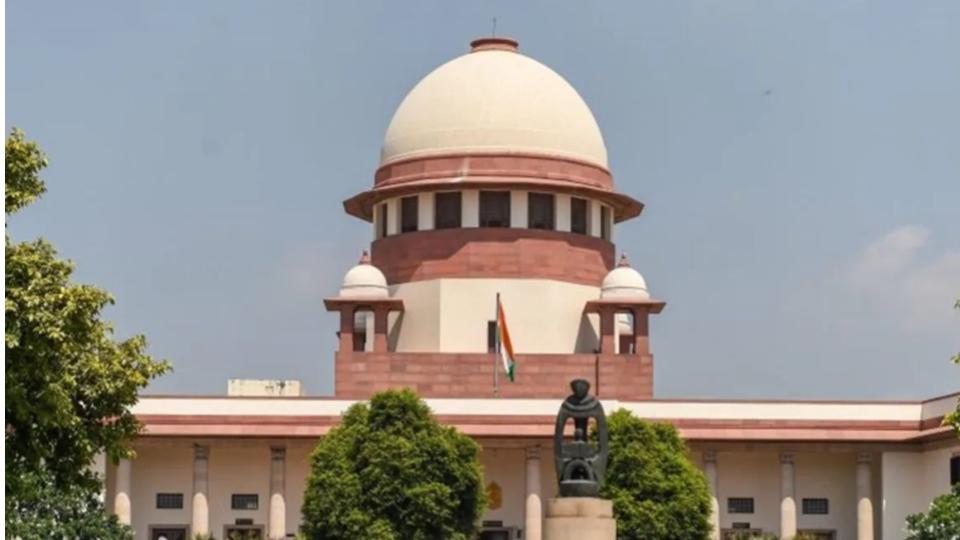
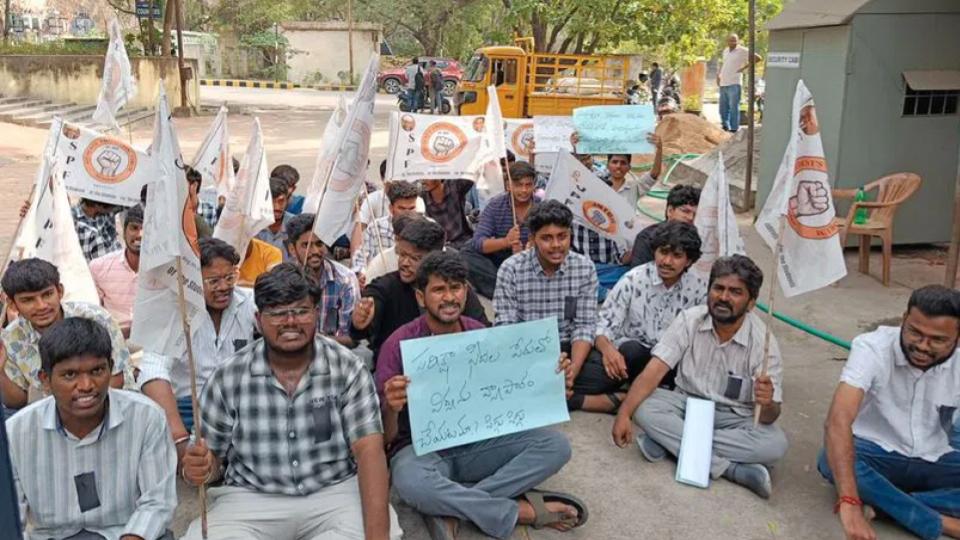
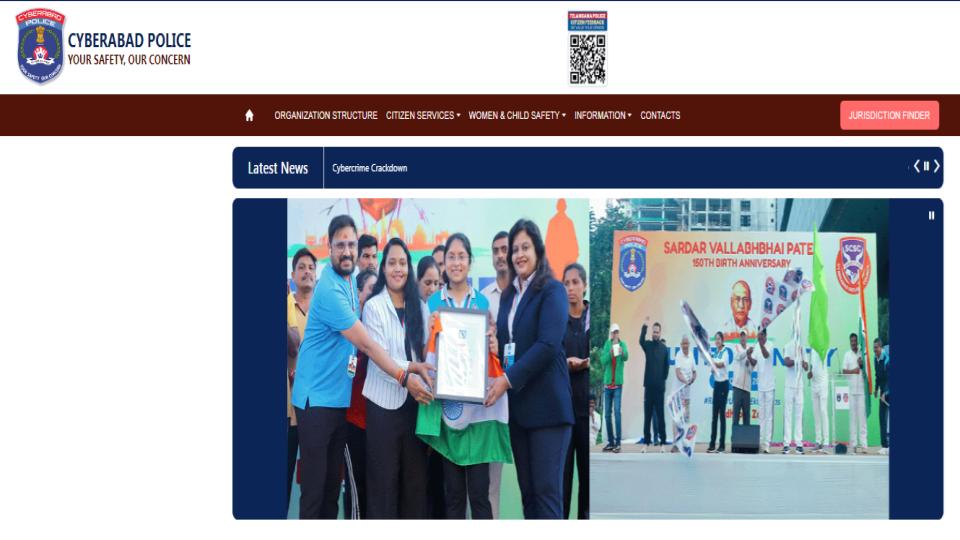
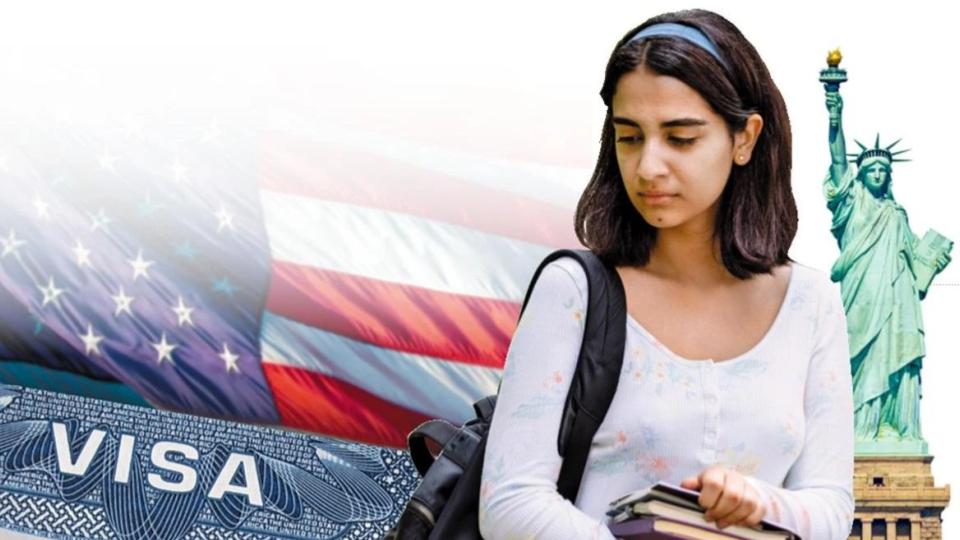






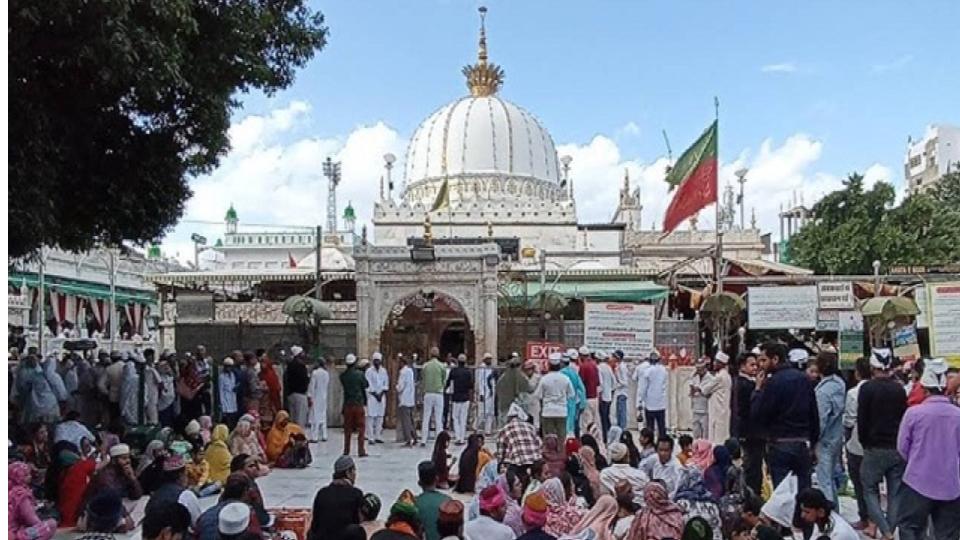

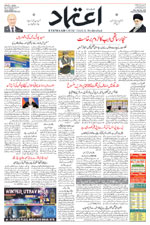









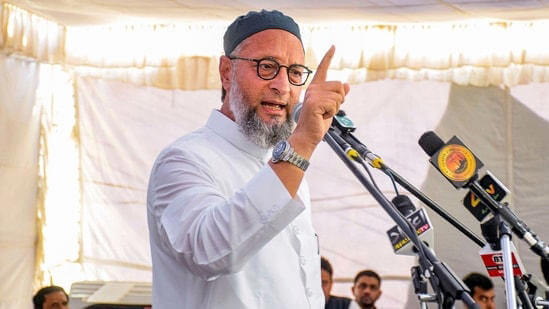
.jpg)
.jpg)
.jpg)


